FACTBOX: Investing in Africa: Land and agriculture
- Reuters
- 07 October 2008
Soaring food prices, supply fears among import-dependent countries and rising demand for biofuels have driven up investment in agricultural land, notably in Africa.
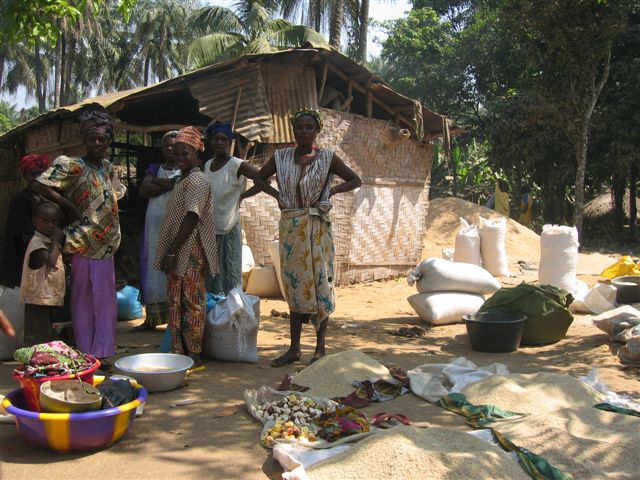
Soaring food prices, supply fears among import-dependent countries and rising demand for biofuels have driven up investment in agricultural land, notably in Africa.
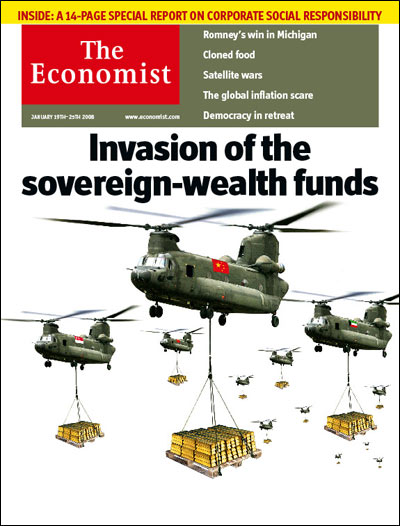
The deputy leader of the Democratic Left Party (DSP) Turkey has stated that Turkey possesses some great advantages in agriculture, despite the major problems that remain in place in the sector, but emphasized that it is a mistake to sell agricultural land to foreigners.

Sudanese Ministry of Agriculture and Forestry will spend three billion Sudanese pounds (1.5 billion USD) up to the end of the year to implement a massive program to develop the agricultural sector.

Arabia is phasing out its domestic wheat growers and seeking to shift production overseas.

Some of the world's richest nations are coming to grow crops and export the yields, hoping to turn the global epicenter of malnutrition into a breadbasket for themselves.

"In a wide-ranging conversation, Sudanese business magnate Osama Daoud outlined a project to gradually develop as much as 1.26 million acres in northern Sudan for agricultural production," reports the US Embassy in Khartoum
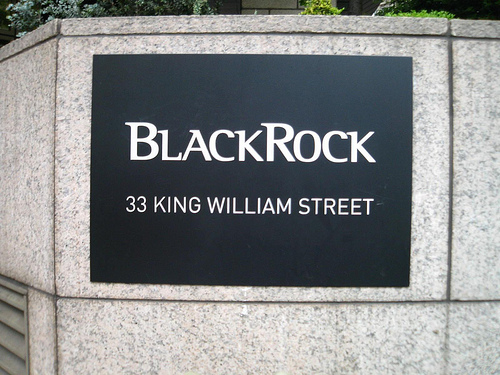
Saudi Arabia is interested in investment in grain and cattle-breeding in Kazakhstan, said agency reports referring to the press service of Akmola oblast akim.
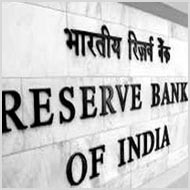
Pakistan’s minister for privatization and investment, at a recently held forum in Dubai, announced that Pakistan was willing to provide land with 100 per cent ownership rights and that the buyers would be free in importing the agri-produce to their country as well.
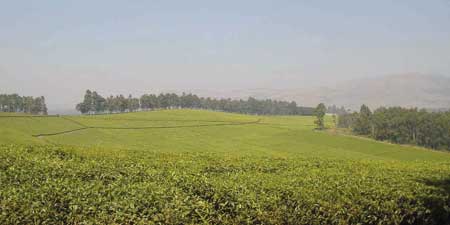
On the heels of tight crop production reports and the recent memory of individual nations experiencing food disruptions, there is a scramble to control or own agricultural assets and food stocks.
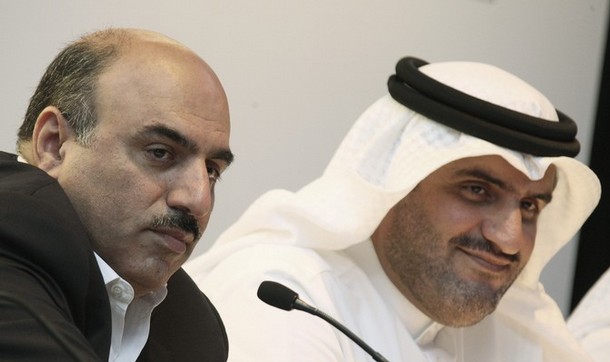
The rulers in the Persian Gulf are looking at other ways of ensuring food security. Rather than rely on the vagaries of the market and unstable import sources, countries across the GCC, through sovereign wealth funds and development agencies, are seeking to buy up the means of production itself.

As the increase in oil prices continue to help boost the income of Persian Gulf nations, Turkey is becoming a magnet for Gulf-based investors aiming to establish strategic food reserves
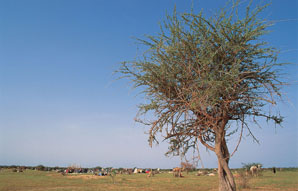
L'Etat cède 880000 hectares de terre arable pour 670 millions d'euros. Publiée mi-août par le Financial Times, l'annonce du gouvernement soudanais n'est plus vraiment une nouveauté. Comme d'autres avant lui, le pays est prêt à céder un territoire presque aussi grand que l'Ile-de-France à des investisseurs étrangers trop contents de s'exécuter.

|
KKR acquires ProTen from Aware Super
|